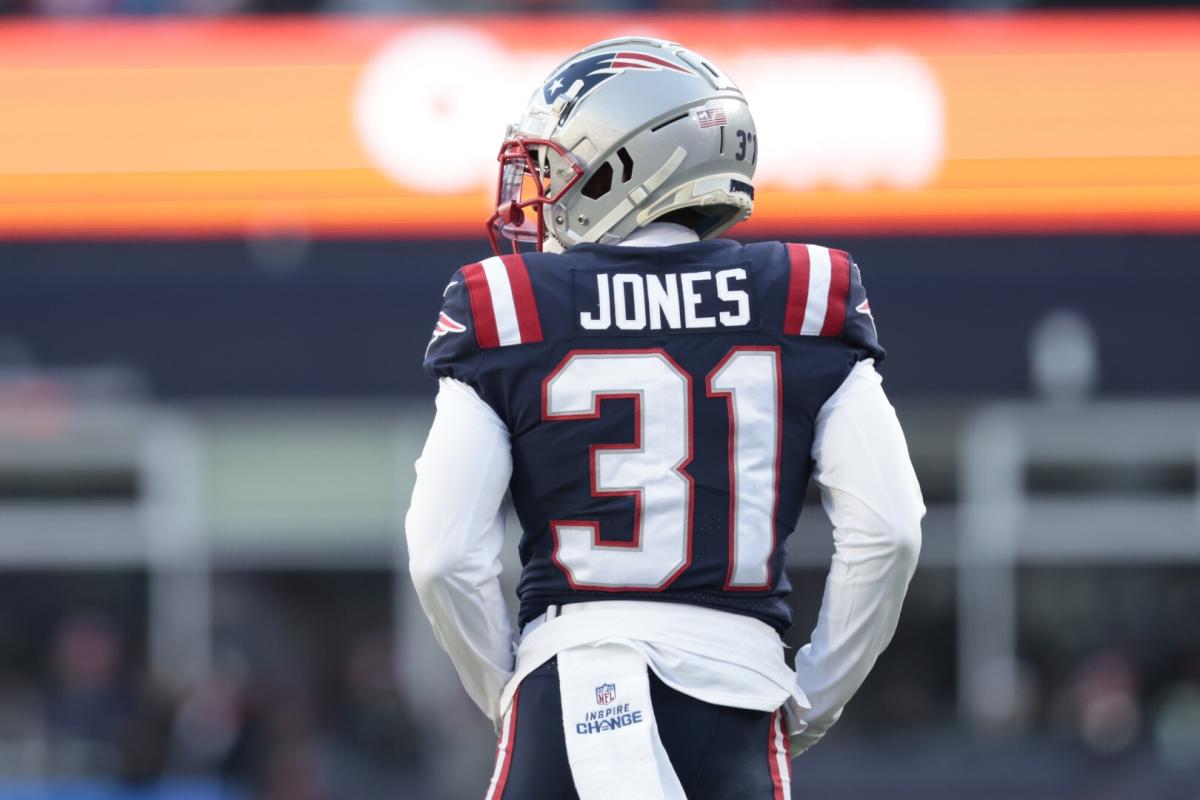
The NFL’s inconsistent and hypocritical position on legalized gambling makes it difficult for the league to have true moral authority when it comes to telling its players, “Do as we say, not as we do.”
And it’s causing at least one player to push back in a way that goes beyond simply questioning how the league can earn millions from gambling sponsorships and owners can have ownership stakes in sports book companies.
Via MassLive.com , Patriots cornerback Jonathan Jones took to Twitter on Thursday night, following the latest wave of player suspensions for violating the gambling policy.
“I understand rules are rules,” Jones said. “But I can risk my life so that my team wins but I can’t risk 1k on my team winning .”
The obvious answer is that allowing any betting on the NFL by players — even if they wager on their own teams to win or to cover — threatens the integrity of the game. But how does a player choosing to place a wager consistent with his implicit mandate to win create an integrity issue? The player already wants to win. If he can bet legally on other sports while not at work, why can’t he — while not at work — enhance his income by expressing financial belief in his team’s chances?
It would be an easier argument to refute if the NFL’s hands weren’t stained by the ink of gambling dollars. The league has found a way to make money from gambling on football that does not undermine the integrity of the game. Why can’t a player bet on his own team, if that truly doesn’t affect the integrity of the game?
That’s why the better approach for the league would be to apply the same rule to players that the league applies to non-players. No betting on sports of any kind, at any time or in any place. There truly is no impact on the integrity of the game if a player in a game he’s already hoping to win bets on his team to win the game.
Advertisement
Granted, the point-spread angle could become a problem. If a team is favored by 10 and is leading by seven points late, any players who bet on the team to cover would want to score another touchdown. For money-line bets that are tied simply to winning or losing, there’s nothing inconsistent about the player’s job and the player’s wager.
But, as Jones concedes, rules are rules. And the NFL’s rules are indeed rooted in the basic premise of, “Do as we say, not as we do.” The league would be far better off if it shunned any connection to gambling. It could then apply the same standard to players and avoid the very good question Jones has raised.